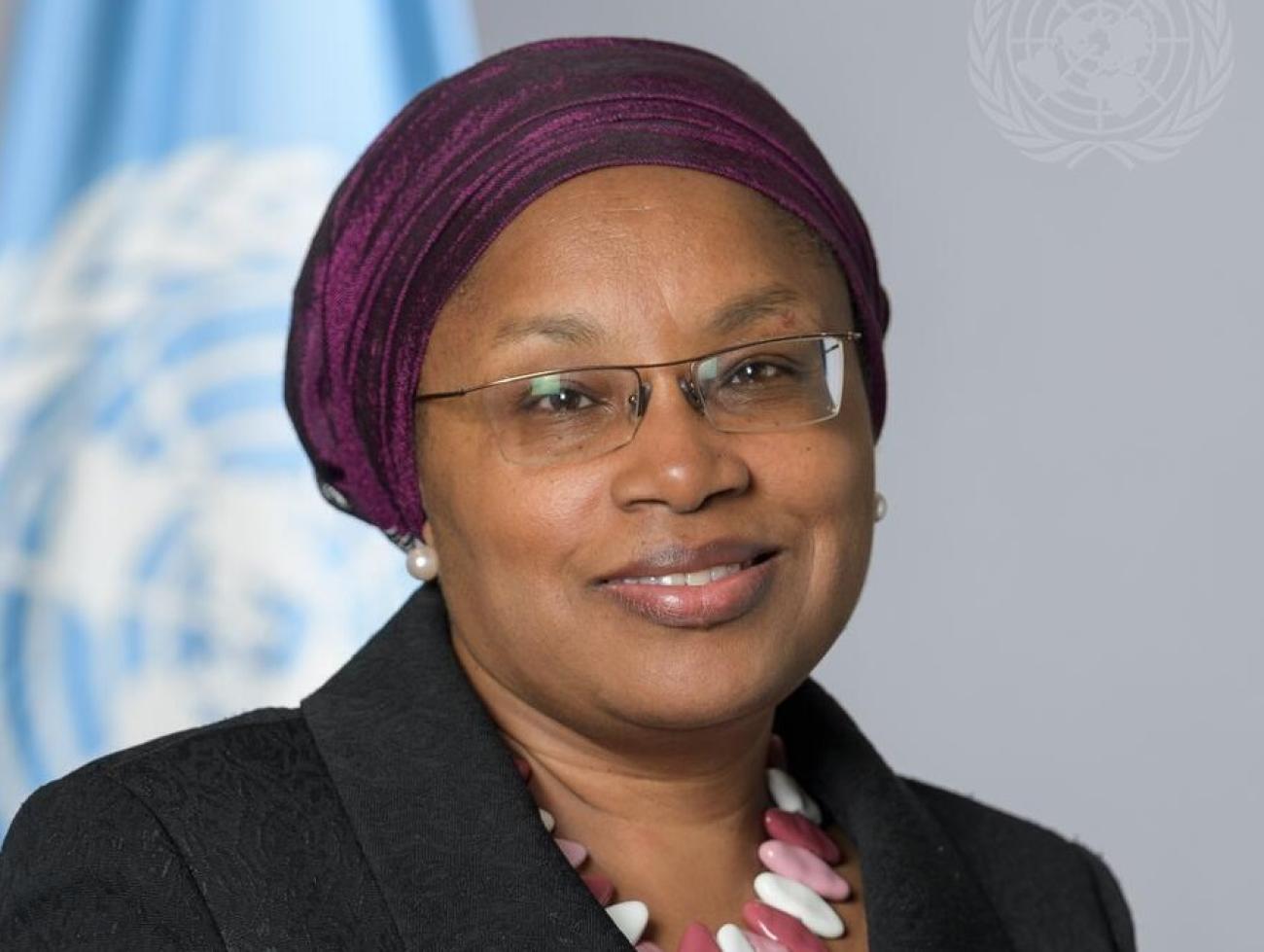Social cohesion and fighting hate speech at the heart of the visit of Special Adviser on the Prevention of Genocide

The full and equal participation of women and youth is essential to tackle challenges connected to hate speech and divisive narratives.
The United Nations Special Adviser on the Prevention of Genocide, Alice Wairimu Nderitu, concluded today her first official visit to Montenegro, together with the United Nations Regional Director of the Development Coordination Office for Europe and Central Asia, Ms. Gwi Yeop Son, from 24 to 26 November 2021. The Special Adviser is grateful to the Government and the country for the welcome and support in facilitating her visit, which was undertaken as part of the Special Adviser’s prioritization of strengthening social cohesion and trust-building in the country. The visit also built upon the Special Adviser’s overall engagement in the region of the Western Balkans, including visits to Serbia - last week - and to Bosnia and Herzegovina in June 2021.
During her visit, the Special Adviser stressed the importance of national efforts to build trust across all levels, from the top political leadership to the community level. The Special Adviser also emphasized the need for work in all relevant fields, from media and education to addressing hate speech, with a particular focus on strengthening social cohesion, inclusion, mutual understanding and respect.
The Special Adviser met with high-level Government officials, the Office of the President, members of Parliament, the Judiciary and the National Human Rights Institution; civil society representatives and religious leaders; and members of the international community in Montenegro. She also met with women and youth activists in Niksic.
“The full and equal participation of women and youth is essential to tackle challenges connected to hate speech and divisive narratives and to strengthen trust and social cohesion”, said the Special Adviser.
In her meetings, the Special Adviser commended the Parliament of Montenegro for adopting in June this year a resolution condemning the genocide in Srebrenica. She praised the resolution in particular for not only addressing genocide, but for also condemning all crimes committed in the wars in the former Yugoslavia, and for emphasizing the element of individual accountability as opposed to attributing collective guilt.
“This resolution constitutes a model for the region, which requires building trust on the basis of the recognition of the suffering of all victims in the region,” said the Special Adviser. She also emphasized the important steps taken by Montenegro in the field of justice, including social justice, through a range of legislative measures, which contributes directly to enhancing society’s resilience and increase social and economic opportunities for the whole of society.
At the same time, she observed that the increasing use of divisive rhetoric and narratives risk growing polarization of society in Montenegro.
“I call on all those in positions of authority to do their utmost to ensure that differences that are natural in society are respected and debated in a constructive manner and that the focus is on what brings the country together rather than on what could take/tear people apart. This requires concerted and sustained efforts to prioritize trust-building and promote inclusive, and respectful dialogue – both among top leaders but also between leaders and civil society and young people who are already doing tremendous work to strengthen social cohesion in the country”.
Special Adviser Wairimu Nderitu remains committed to supporting national efforts aimed at addressing hate speech and strengthening social cohesion, in coordination with the United Nations Country Team and in support of the people of Montenegro.



